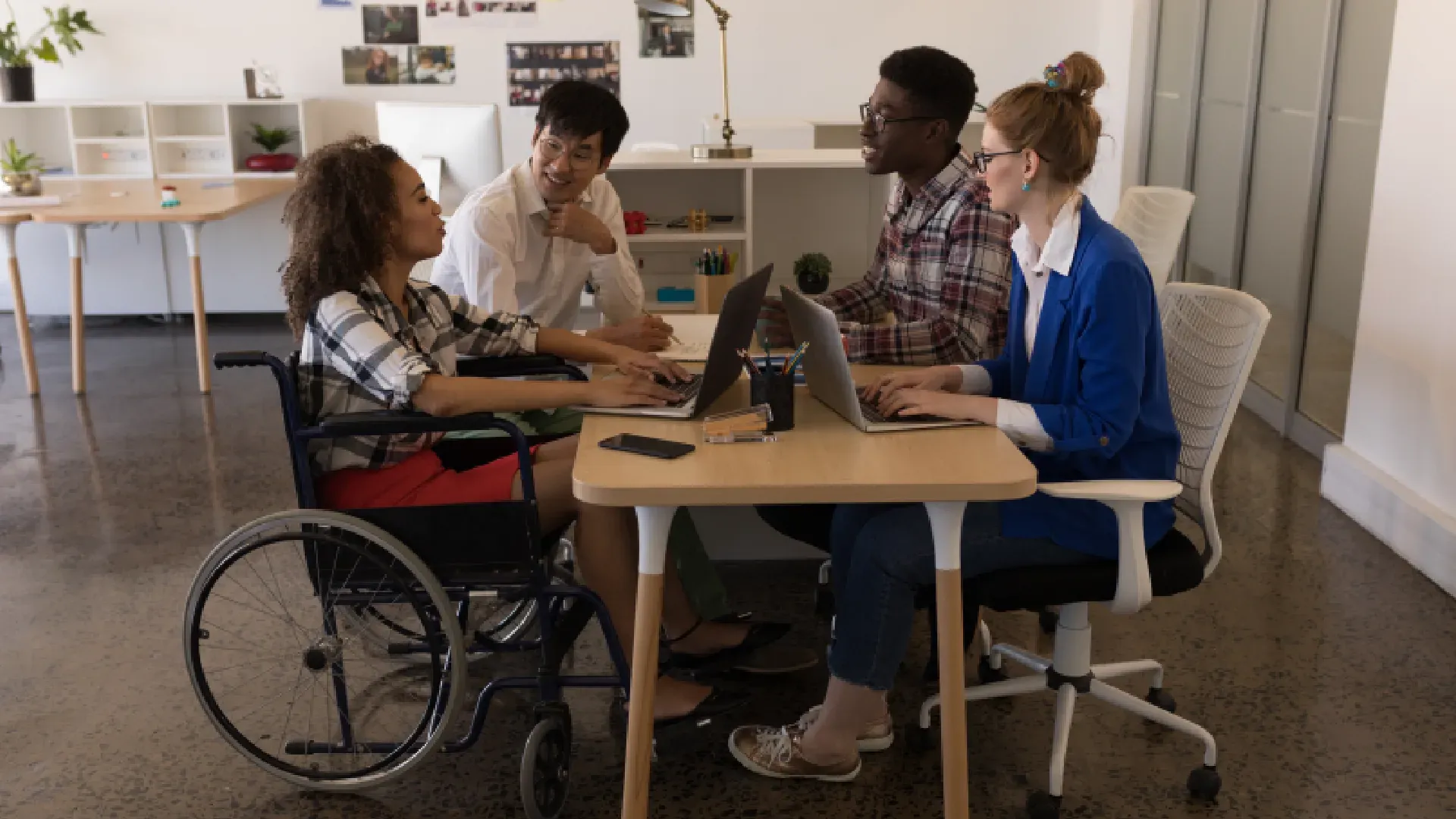
Introduction: Breaking the cycle of disadvantage
In Australia, thousands of jobseekers face complex barriers to employment—whether due to long-term unemployment, limited education, migrant background, disability, or having been through the justice system. These individuals often struggle to break into the workforce, not because of a lack of potential, but because the system isn’t designed to give everyone a fair start.
At Hands On Recruitment, we believe employment should be an opportunity for empowerment, not an exclusive privilege. That’s why we actively support disadvantaged jobseekers—connecting them with employers who see beyond the CV and into the person’s real-world capability, potential, and willingness to grow.
Understanding the barriers disadvantaged jobseekers face
Disadvantaged jobseekers aren’t a homogeneous group—they come from many different walks of life and experiences. Some of the most common challenges include:
- Gaps in work history due to caregiving responsibilities, illness, or lack of access.
- Language barriers and limited knowledge of Australian workplace culture.
- Stigma and bias, particularly for former offenders or those with disabilities.
- Transport or housing instability, which affects availability and punctuality.
- Mental health challenges that are manageable but misunderstood by employers.
Without targeted support and a willingness to adapt hiring practices, these jobseekers are often overlooked—despite their motivation to work and contribute.
Hands On Recruitment: A people-first approach
Our team has developed a recruitment process that goes beyond standard resume screening. Here’s how we work to support jobseekers from disadvantaged backgrounds:
- Pre-placement support and coaching
Before placement, we offer coaching on workplace expectations, basic job-readiness skills, interview preparation, and even confidence building. For many, this is their first real introduction to structured work environments.
2. Employer education and advocacy
We partner with employers who are open to inclusive hiring. We provide them with insights on how to support diverse staff, and where possible, help them access government incentives for hiring disadvantaged individuals.
3. Tailored job matching
Rather than forcing people into unsuitable roles, we focus on matching the right person to the right job. This includes factoring in location, hours, physical requirements, and employer expectations.
4. Ongoing mentoring and support
Once placed, our consultants check in regularly with both the employee and employer to ensure the transition is smooth. If challenges arise, we work quickly to resolve them—whether it’s through coaching, minor role adjustments, or additional training.
Success stories: Real people, real progress
We’ve seen firsthand how powerful the right placement can be:
- A former inmate who, after serving time, secured a position in warehousing and is now a shift supervisor.
- A single mother returning to work after a long break who found part-time administrative work that fit around school hours.
- A refugee with limited English who joined a manufacturing team and was later promoted due to their strong work ethic.
These stories are not exceptions—they’re proof that when employers are willing to look beyond conventional hiring checklists, everyone wins.
The business case for inclusive hiring
Hiring disadvantaged jobseekers isn’t just about doing the right thing—it’s a smart move for business. Inclusive workforces often report:
- Lower turnover rates, as these employees are loyal and grateful for the opportunity.
- Stronger team culture, with higher levels of empathy and collaboration.
- Improved productivity, when individuals are placed in roles that match their skills and capacity.
At a time when industries across Australia are facing skill shortages and retention challenges, tapping into underutilised talent pools is not just ethical—it’s strategic.
Let’s redefine what “job-ready” means
Too often, “job-ready” is interpreted as someone who ticks all the conventional boxes. At Hands On Recruitment, we know that potential can’t always be measured by experience alone. We ask: are they motivated? Willing to learn? Capable with the right support?
When the answer is yes, we get to work.
Conclusion: Everyone deserves a chance to succeed
Disadvantage shouldn’t be a life sentence of unemployment. Everyone deserves the dignity of meaningful work, the ability to support themselves and their families, and the chance to grow.
At Hands On Recruitment, we’re not just matching jobs—we’re changing lives. If you're an employer ready to expand your team and make a real impact, or a jobseeker looking for someone to believe in you, we’re here to help.
Let’s build a workforce that leaves no one behind.
Recent Posts





Categories
Leave a reply
Your email address will not be published. Required fields are marked *


